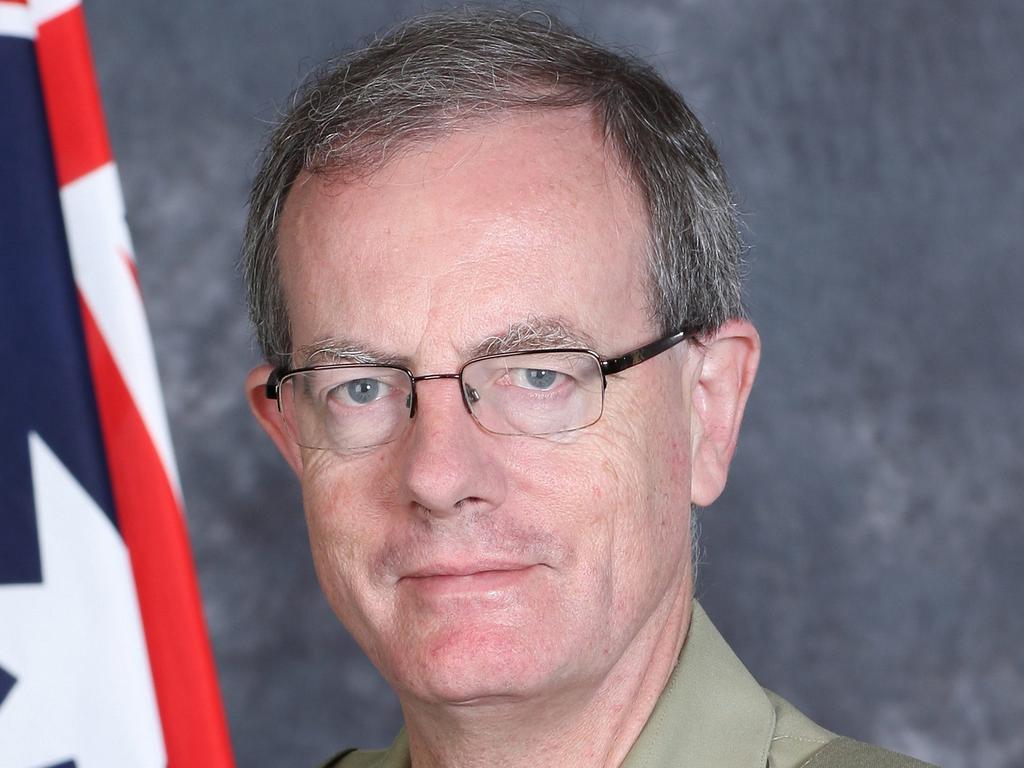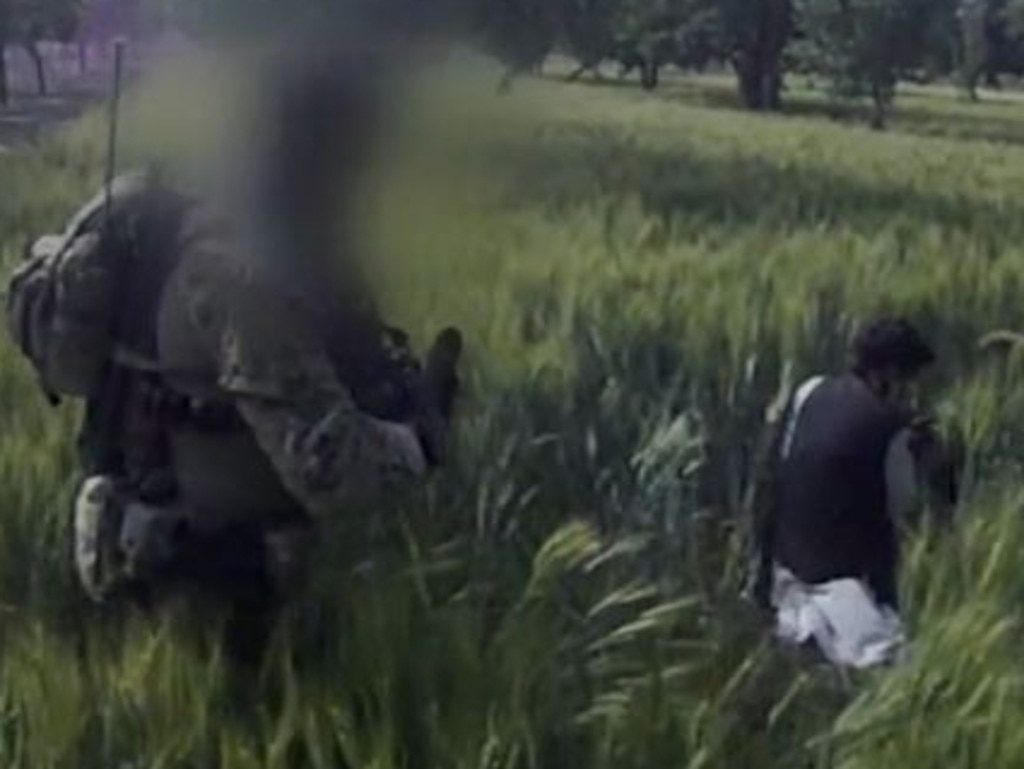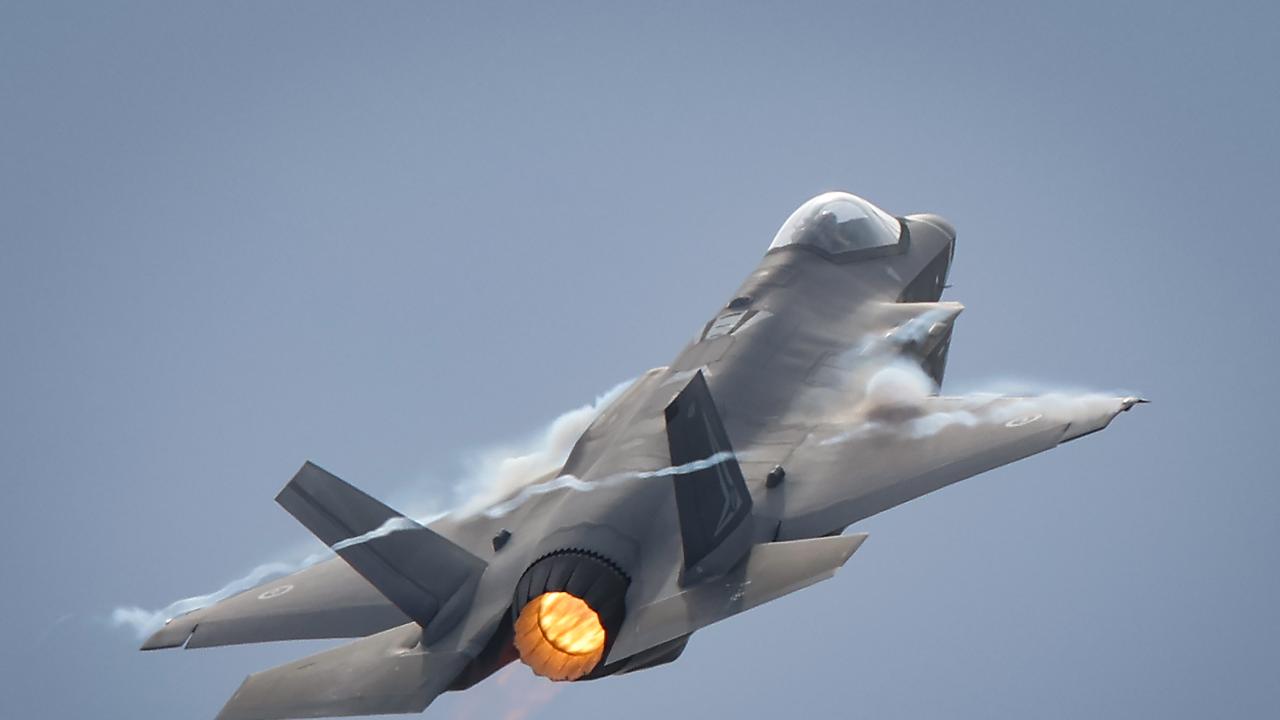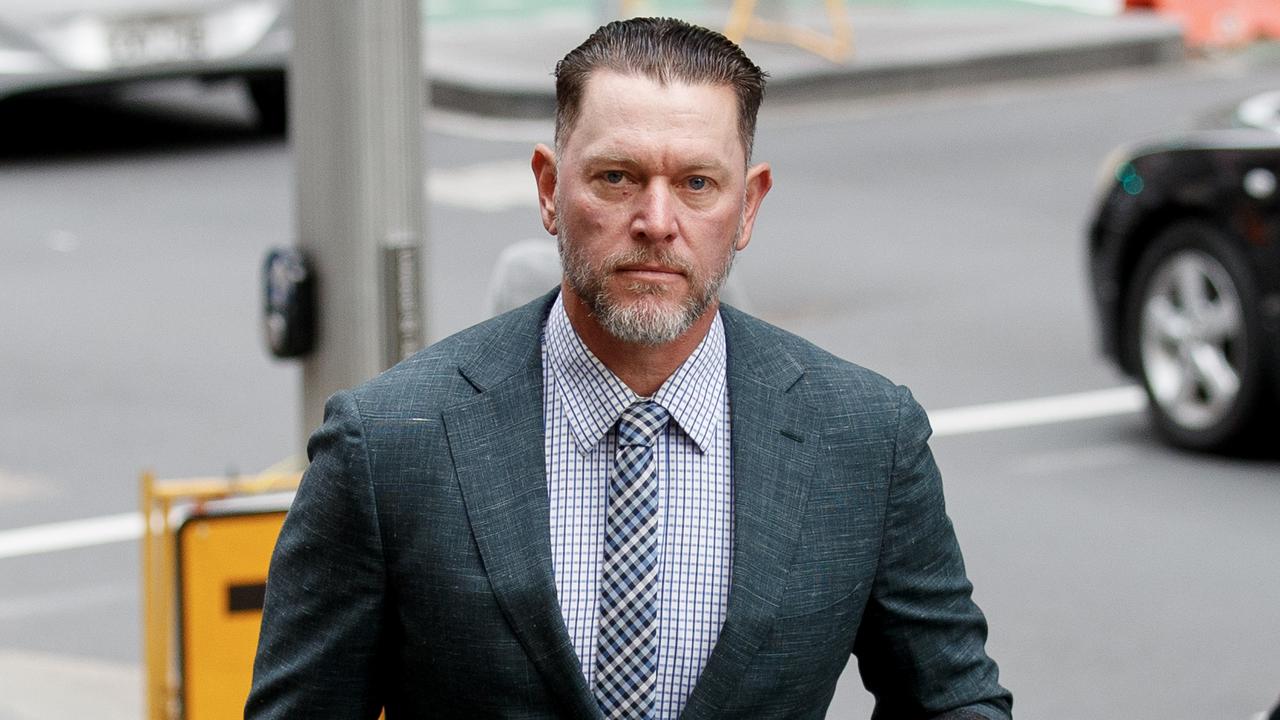Australian Defence Force may pay soldiers’ war crimes bills
The ADF appears set to cover some of the legal costs of special forces soldiers embroiled in criminal Afghanistan war crimes probes.
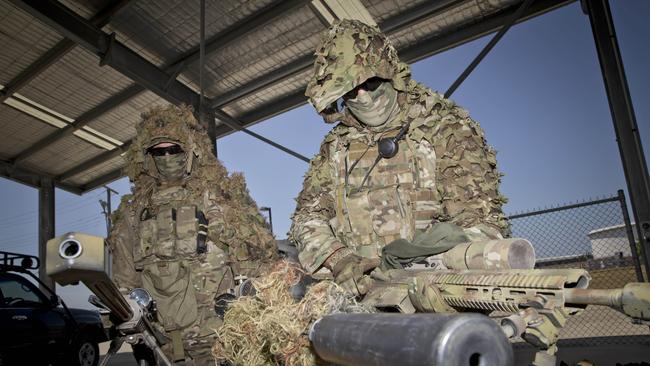
The Australian Defence Force appears set to cover some of the legal costs of special forces soldiers embroiled in a series of criminal war crimes probes stemming from the long conflict in Afghanistan.
The Australian can reveal that the ADF has told special forces welfare groups it is willing to pay some of the legal bills of soldiers affected by the Brereton inquiry into possible war crimes.
However, there is confusion about the extent of the financial support and the circumstances under which it will be provided.
In a letter to members, the Commando Welfare Trust and Australian Commando Association confirmed some legal support would be provided.
“We have heard that where potential outcomes align with the commonwealth’s interests, all persons appearing in a court in cases brought as a result of the (Inspector-General of the ADF) inquiry will initially receive legal support at commonwealth expense,’’ Brigadier Mark Smethurst and Major General Greg Melick, the authors of the letter, write.
The letter is understood to have been informed by meetings between representatives of the ex-service groups and ADF officials.
A spokesman for the Defence Department told The Australian current and former ADF members embroiled in civil or criminal proceedings may be eligible for financial assistance if the proceedings arose from an incident related to their service and if they acted “reasonably and responsibly’’.
“The provision of financial assistance is discretionary,’’ the spokesman said. “Approval is given on a case-by-case basis by a delegate within Defence legal. This assistance does not include sourcing a legal representative.’’
The IGADF is conducting a major investigation into possible war crimes committed by Australian troops in Afghanistan between 2005 and 2016. The four-year probe, which is being conducted by NSW Supreme Court judge and retired major general Paul Brereton on behalf of the IGADF, is investigating 55 potential incidents, including the unlawful killing of non-combatants and after-action executions.
The investigation has called in more than 330 witnesses for secret interviews. The findings are expected later this year and Defence officials are bracing for the worst.
Soldiers named in Justice Brereton’s final report as witnesses or perpetrators of alleged war crimes will get advance notice and be given the opportunity to respond to negative findings. That process is imminent, Brigadier Smethurst and General Melick say.
“The (IGADF) inquiry is starting to take steps to issue notices to potentially affected persons — those who will be directly affected by charges laid as a result of the inquiry or as witnesses to alleged breaches of the laws of armed conflict by members of the (ADF) in Afghanistan, between 2005 and 2016,’’ they write.
There is a widespread expectation that the royal commission-style inquiry will generate a number of criminal referrals.
The Australian Federal Police already has two war crimes investigations on its books, that of Victoria Cross recipient Ben Roberts-Smith and “Soldier C’’, an SAS operator shown in leaked footage on the ABC’s Four Corners program shooting an apparently unarmed Afghan man. Mr Roberts-Smith has not been charged and has consistently denied wrongdoing. Soldier C is yet to publicly respond to the footage but has been stood down from the ADF.

